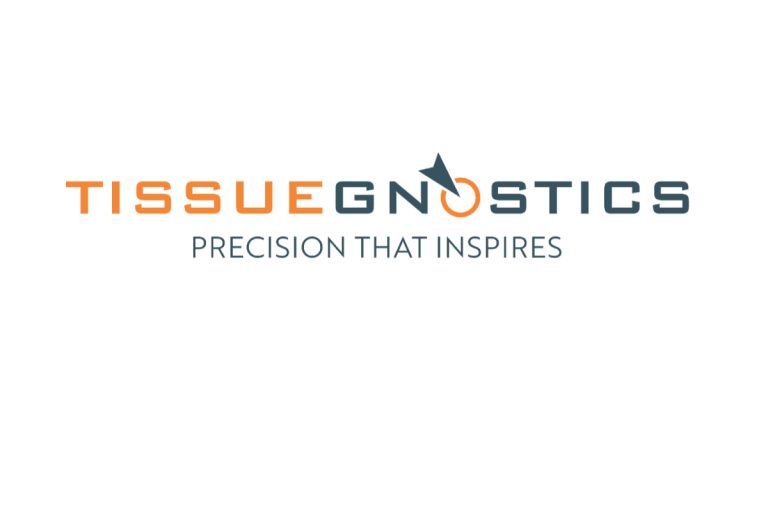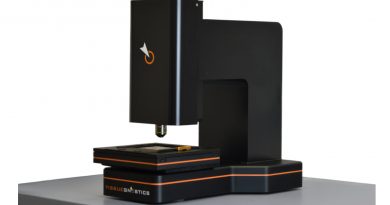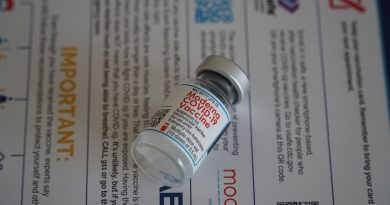EC Approves Second Indication of Sarclisa® for Relapsed Multiple Myeloma
The European Commission (EC) has approved Sarclisa® (isatuximab) in combination with carfilzomib and dexamethasone (Kd) for the treatment of adult patients with relapsed multiple myeloma who have received at least one prior therapy, pharma giant Sanofi announced today. This is the second time the EC approved Sarclisa in combination with a standard of care regimen in less than a year.
Philippe Moreau, M.D., Department of Hematology, University Hospital of Nantes, France stated:
“As there is no cure for multiple myeloma and patients often experience disease relapse, we must persist in our pursuit for additional treatment options. Nearly 30% of patients treated with the Sarclisa regimen had a profound response with undetectable levels of multiple myeloma. This new therapeutic regimen has the potential to become a standard of care for patients with relapsed multiple myeloma, who now have another treatment option earlier in the progression of their disease.”
This EC approval follows the recent U.S. Food and Drug Administration (FDA) approval of Sarclisa for a similar indication in March 2021. In June 2020, Sanofi announced Sarclisa received EC approval in combination with another standard of care regimen, pomalidomide and dexamethasone (pom-dex), for the treatment of adult patients with relapsed and refractory MM who have received at least two prior therapies including lenalidomide and a proteasome inhibitor and have demonstrated disease progression on the last therapy.
Peter C. Adamson, Global Development Head, Oncology and Pediatric Innovation at Sanofi said:
“The EC approval of Sarclisa in combination with carfilzomib and dexamethasone means patients living with multiple myeloma in Europe can now receive Sarclisa in combination with two standard of care treatment regimens. The carfilzomib and dexamethasone combination represents an important standard of care in Europe. The Phase 3 IKEMA trial’s finding that the addition of Sarclisa to this regimen reduced the risk of progression or death by nearly half formed the basis for this important EC approval.”
Sarclisa Efficacy and Safety Profile in Difficult-to-Treat Patients
This approval is based on data from the Phase 3 IKEMA study, a randomized, multi-center, open label clinical trial that enrolled 302 patients with relapsed MM across 69 centers spanning 16 countries. The primary endpoint of IKEMA was progression free survival (PFS). While median PFS, defined as time to disease progression or death, for Kd was 19.15 months, the median PFS for patients receiving Sarclisa added to carfilzomib and dexamethasone (Sarclisa combination therapy; n=179) had not been reached at the time of the pre-planned interim analysis. Sarclisa combination therapy reduced the risk of disease progression or death by 47% (hazard ratio 0.531, 99% CI 0.318-0.889, p=0.0007) versus standard of care Kd alone in patients with MM.
Secondary endpoints of the IKEMA trial assessed the depth of response for Sarclisa combination therapy compared to Kd, including overall response rate (ORR), complete response (CR), very good partial response (VGPR) and minimal residual disease (MRD)-negative response. The ORR remained similar for each arm at 86.6% for the Sarclisa combination therapy versus 82.9% for Kd but was not statistically significant. The rate of CR was 39.7% in the Sarclisa combination therapy arm and 27.6% in the Kd arm. The rate of VGPR or better was 72.6% for patients receiving Sarclisa combination therapy and 56.1% for patients receiving Kd. MRD-negativity was observed in 29.6% of patients in the Sarclisa combination therapy arm versus 13% of patients in the Kd arm, indicating that nearly 30% of patients treated with Sarclisa combination therapy achieved undetectable levels of MM at 10-5 sensitivity as measured by next generation sequencing (NGS). At the time of the interim analysis, overall survival (OS) data were still immature.
The most frequent adverse reactions (≥20%) were infusion reactions (45.8%), hypertension (36.7%), diarrhea (36.2%), upper respiratory tract infection (36.2%), pneumonia (28.8%), fatigue (28.2%), dyspnea (27.7%), insomnia (23.7%), bronchitis (22.6%), and back pain (22.0%). Serious adverse reactions occurred in 59.3% of patients receiving Sarclisa combination therapy and in 57.4% of patients receiving Kd. The most frequent serious adverse reaction was pneumonia (21.5%). Permanent discontinuation of treatment because of adverse reactions was reported in 8.5% of patients treated with Sarclisa combination therapy and in 13.9% of patients treated with Kd. Fatal adverse events were reported in 3.4% of patients treated with Sarclisa combination therapy and in 1.6% of patients treated with Kd.
Multiple Myeloma: An incurable cancer, despite available treatments
MM is the second most common hematologic malignancy1, with more than 130,000 new diagnoses of MM worldwide yearly.2 In Europe, approximately 39,000 patients are diagnosed with MM each year.3 Despite available treatments, MM remains an incurable malignancy, and is associated with significant patient burden. Since MM does not have a cure, most patients will relapse. Relapsed MM is the term for when the cancer returns after treatment or a period of remission. Refractory MM refers to when the cancer does not respond or no longer responds to therapy.
About Sarclisa
Sarclisa is a monoclonal antibody that binds to a specific epitope on the CD38 receptor on MM cells. It is designed to work through multiple mechanisms of action including programmed tumor cell death (apoptosis) and immunomodulatory activity. CD38 is highly and uniformly expressed on the surface of MM cells, making it a potential target for antibody-based therapeutics such as Sarclisa.
Sarclisa is approved in the EU, U.S., Switzerland, UK, Canada, Australia, Japan, Russia, the UAE, South Korea, Taiwan and Qatar in combination with pom-dex for the treatment of certain adults with relapsed refractory MM. It is also approved in the U.S. in combination with carfilzomib and dexamethasone for the treatment of adult patients with relapsed or refractory MM who have received one to three prior lines of therapy. In the U.S., the generic name for Sarclisa is isatuximab-irfc, with irfc as the suffix designated in accordance with Nonproprietary Naming of Biological Products Guidance for Industry issued by the FDA.
Sarclisa continues to be evaluated in multiple ongoing Phase 3 clinical trials in combination with current standard treatments across the MM treatment continuum. It is also under investigation for the treatment of other hematologic malignancies and solid tumors. The safety and efficacy of these additional uses have not been reviewed by any regulatory authority worldwide.
For more information on Sarclisa clinical trials please visit www.clinicaltrials.gov.
Recommended Companies
Ad
More Headlines





